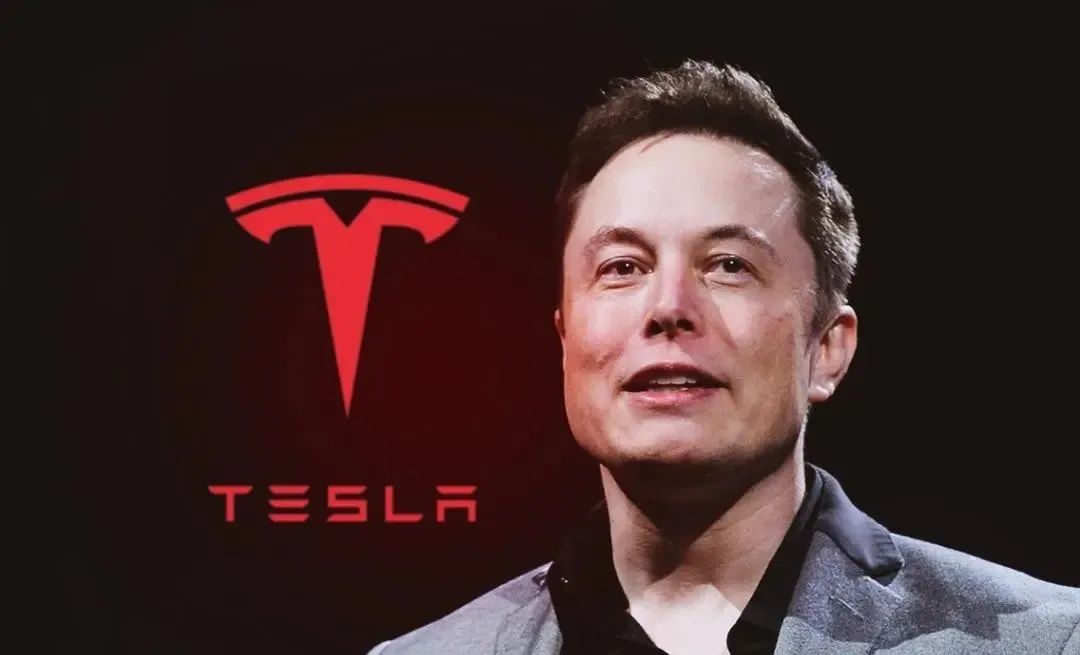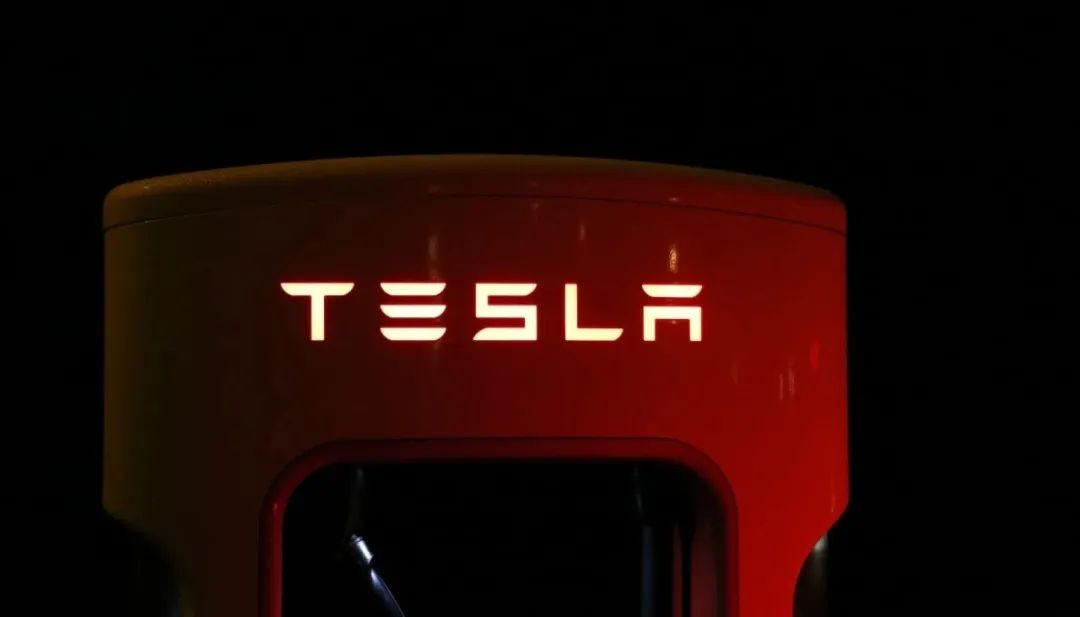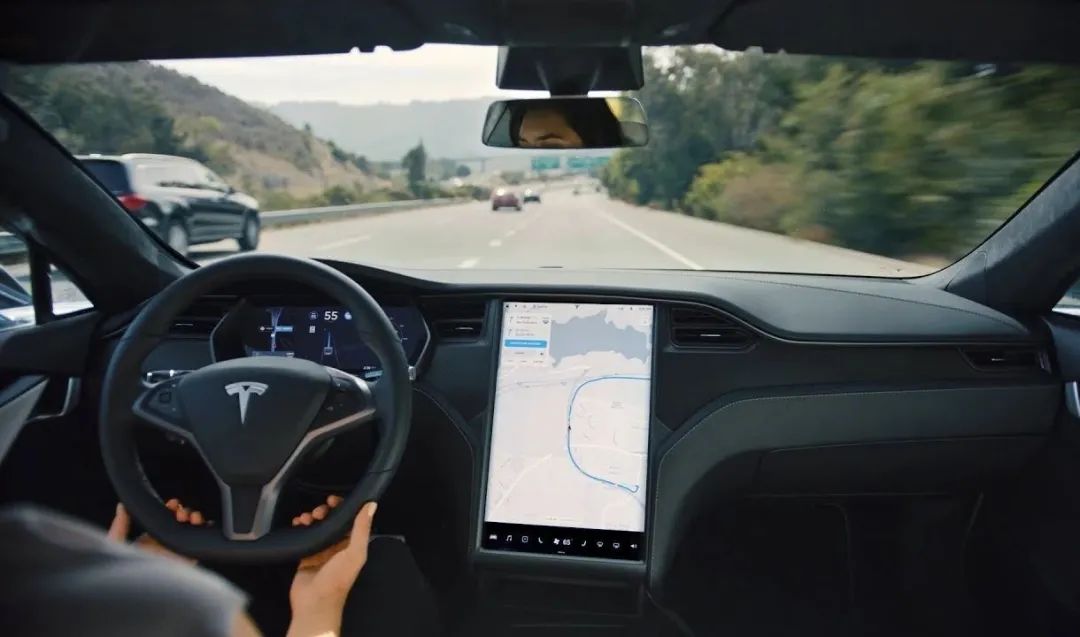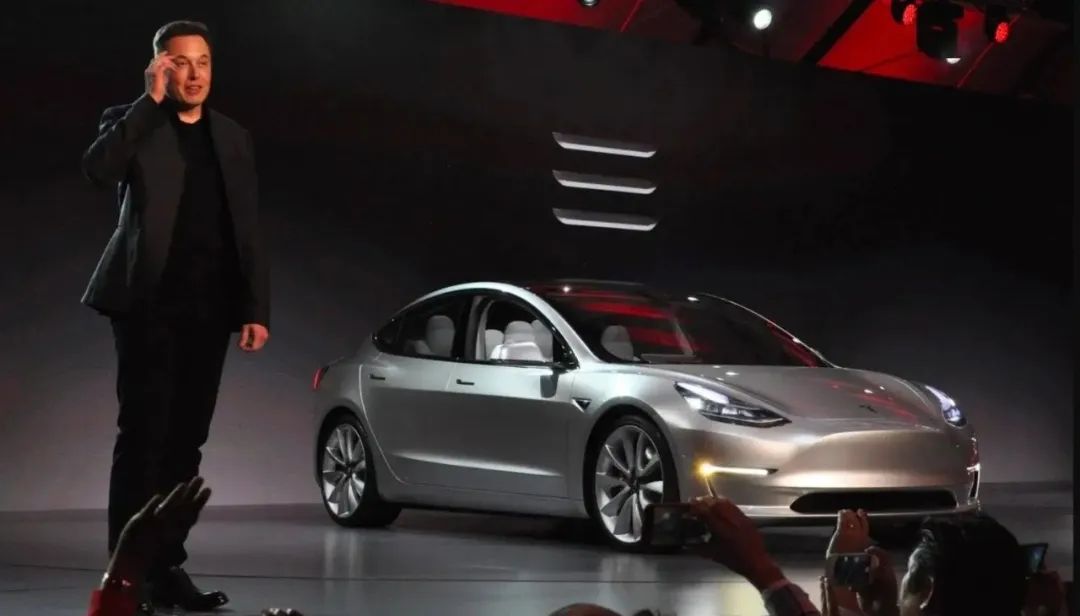Tesla Amidst Turmoil: An Inseparable Bond with Musk
![]() 04/24 2025
04/24 2025
![]() 413
413

Tesla and Musk are inextricably linked, each defining the other's destiny.
Produced by | Newpinlue Finance | Author | Wu Wenwu
Tesla's latest financial report reveals a decline in sales, revenue, and a steep drop in net profit, casting more shadows than rays of hope. Clearly, Tesla's stormy journey cannot be understood without considering Musk's role.
01 More Shadows Than Light in Tesla's Latest Financial Report
The global electric vehicle behemoth Tesla has once again garnered financial headlines, this time due to the release of a "disappointing" financial report that fell well short of market expectations.
Newpinlue Finance observed that on April 22, local time, Tesla's latest financial report indicated that due to a sharp decline in vehicle deliveries, the company's revenue, profit, and other core financial metrics significantly undershot market projections.
The report showed that Tesla's revenue for the first quarter of this year stood at only $19.335 billion, against market expectations of $21.348 billion. For comparison, the figure was $21.3 billion in the first quarter of last year and $25.7 billion in the fourth quarter of 2023.
What further startled the market was the precipitous drop in Tesla's net profit indicators for the first quarter of 2025. The report revealed that the company's net profit for the quarter was $409 million, a 71% decrease compared to the same period last year.
Undoubtedly, the core reason behind Tesla's performance downturn is the significant decline in its car sales. The report indicated that Tesla's total deliveries in the first quarter amounted to 336,681 vehicles, a year-on-year decrease of 13%, marking the worst quarterly performance since 2022.
Affected by the decrease in vehicle deliveries, Tesla's automotive business revenue was only $13.967 billion, a year-on-year decline of 20%.
Given Tesla's emphasis on R&D investment, particularly in AI projects, the company's operating expenses have risen instead of falling. This has led to a sharp 66% year-on-year decline in operating profit to $399 million. The operating profit margin stands at only 2.1%, a decrease of 343 basis points year-on-year. The final adjusted earnings per share were only $0.27, a year-on-year decrease of 40%, while market expectations were $0.43.
Authoritative media reports and analyses have stated that without the $595 million earned from selling regulatory credits (carbon emission credits) in the first quarter, Tesla would have posted a loss-making financial report.

Notably, Tesla's latest financial report is not devoid of highlights. The report shows that its energy and energy storage business achieved a revenue growth rate of 67% ($2.73 billion). However, Tesla's primary business remains the automotive sector, and the increase in energy and energy storage revenue cannot alter the overall direction of the financial report.
In the view of Newpinlue Finance, the market had long anticipated a declining financial report from Tesla, particularly with net profit declining by 71% year-on-year, far exceeding market expectations. This may once again exacerbate the market's cautious and non-optimistic outlook on Tesla's current operating status and prospects.
Fortunately, the Chinese market remains a cornerstone of Tesla's business. According to statistics from the China Passenger Car Association, in the first quarter of 2025, Tesla's Shanghai Gigafactory delivered over 172,000 Model 3 and refreshed Model Y vehicles, with domestic sales reaching 134,000 vehicles, setting a new record for the first quarter since 2022.
Overall, Tesla's latest financial report presents a mixed bag of results, with concerns outweighing the positives.
02 Tesla in the Eye of the Storm
Beneath Tesla's latest "unappealing" financial report data lies a company that has been mired in difficulties for some time, arguably in the eye of the storm.
While Tesla claims to be a technology company rather than an automobile company, automobiles currently constitute its main business and revenue pillar. A decline in car sales triggers a "domino effect."
Tesla's cars have long been at the center of controversy, with falling sales data serving as a direct reflection. The latest financial report data also underscores this point.
The European market, once highly anticipated by Tesla, has witnessed an across-the-board plunge in sales.
According to media reports, in the first quarter of this year, sales of Tesla in core markets such as Germany, Denmark, and Sweden fell by more than 50%, while sales in the Netherlands nearly halved.
Specifically, Germany, home to Tesla's European factory, saw registrations plummet 76% year-on-year to 1,429 in March, with a similar 76% drop in February. Sales in Denmark and Sweden also fell by 65.6% and 63.9% year-on-year, respectively.
Looking at the home market of the United States, Tesla's sales have also declined. According to data released by Cox Automotive in early April, electric vehicle sales in the United States increased by 11.4% year-on-year to nearly 300,000 vehicles in the first quarter of this year. Tesla's sales declined by 8.6% in the first quarter of this year to 128,100 vehicles, but it still holds a 43.5% market share, dominating the market.
However, increasing market information indicates that Tesla is also facing intensifying competition from traditional automakers in the US market.
Data shows that in the first quarter of this year, General Motors' electric vehicle sales increased by 94% to nearly 17,000 vehicles, while Ford maintained stable sales of 11,600 Mustang Mach-E vehicles, an increase of 21%. Even electric vehicles from European automakers such as BMW and Volkswagen have seen significant sales growth in the US market.

Focusing on the Chinese market, the pressure on Tesla is gradually mounting. According to data from the China Passenger Car Association, Tesla China's wholesale sales fell by 21.8% year-on-year in the first quarter of 2025, while retail sales remained largely flat year-on-year.
Multiple factors contribute to the decline in Tesla's global sales in the first quarter of this year. Tesla's models have been slow to update, gradually losing competitiveness and attractiveness. In the Chinese market, local new energy vehicle brands continue to rise, exerting increasingly pronounced competitive pressure on Tesla.
However, a crucial factor that has plunged Tesla into the eye of the storm is Musk's extensive involvement in politics, affecting Tesla's reputation and encountering resistance from many consumers in other countries.
Currently, the chaotic tariff policy in the United States will also impact and affect Tesla. This even surprised Musk, who was unable to avoid the tariff stick.
Due to fierce market competition, Musk's involvement in politics, tariff policies, and other factors, Tesla remains in the eye of the storm. How long this storm will persist in the future remains uncertain.
03 Tesla Cannot Be Separated from Musk
Undoubtedly, Musk is the driving force behind Tesla's evolution into the current global electric vehicle giant.
In the view of the market, many Tesla owners, and Musk's fans, Musk and Tesla are synonymous. They are inextricably linked.
Now, Tesla has likely come to realize that Musk is a double-edged sword. When things are going well, Musk acts as Tesla's accelerator; otherwise, he can have a negative impact. Musk's every move and word constantly influence Tesla.
It is speculated that in Musk's perspective, Tesla has been developing very steadily, and his withdrawal to involve himself in politics would not significantly impact Tesla. Clearly, Musk has misjudged this point.
Since Musk became a "red-capped merchant" in the United States, the current market challenges faced by Tesla were essentially predetermined.
Recently, Musk's actions and media reports have also reflected his recognition of the negative impact of being detached from Tesla's business front line for the past few months. He has clearly conveyed positive signals to the market that he will gradually return to Tesla.
Musk explicitly stated in the latest financial report conference call that starting next month, he will significantly reduce his working hours in the Department of Government Efficiency and devote more energy to Tesla's operations. Subsequently, Tesla's share price surged by about 5% in after-hours trading.
Regarding the series of impacts stemming from the current decline in Tesla's sales, particularly the influence of US tariff policies and Tesla's supply chain, the key to curbing Tesla's sales decline lies in Musk's ability to turn the tide.
Just a few days ago, foreign media reported that Musk no longer wants to make cars and was rumored to have canceled the budget model, Model 2. However, Tesla disclosed in its financial report that the budget model is still scheduled to commence production in the first half of 2025.

Given the current operating situation and the international market economic environment, Musk and Tesla will not abandon the budget model. The budget model serves as a short-term accelerator for Tesla and a timely raindrop to save sales.
As for the Chinese market, which bears the brunt of Tesla's sales, although Tesla still holds a leading position, the competitive pressure will only intensify in the future. It remains to be seen whether its budget model can once again disrupt the fiercely competitive Chinese electric vehicle market.
Furthermore, Tesla should accelerate the localization and full implementation of FSD in the Chinese market to enhance its market appeal, a task that can only be driven by Musk.
Tesla anticipates in its financial report that the autonomous taxi, Cybercab, will enter mass production in 2026. However, at least for now, it remains at the conceptual stage. Additionally, the humanoid robot that Musk holds high hopes for has not yet reached the stage of mass production and commercialization.
Musk desires Tesla to invest more resources and energy in the field of AI, and these investments will only yield returns in the future.
The ideal is full, but the reality is harsh. For Musk and Tesla, the immediate priority is to boost Tesla's sales.
Tesla cannot be separated from Musk now, and the future Tesla will also remain inseparable from Musk, particularly in the grand narrative of future AI, where Musk still needs to weave more new stories for Tesla.







